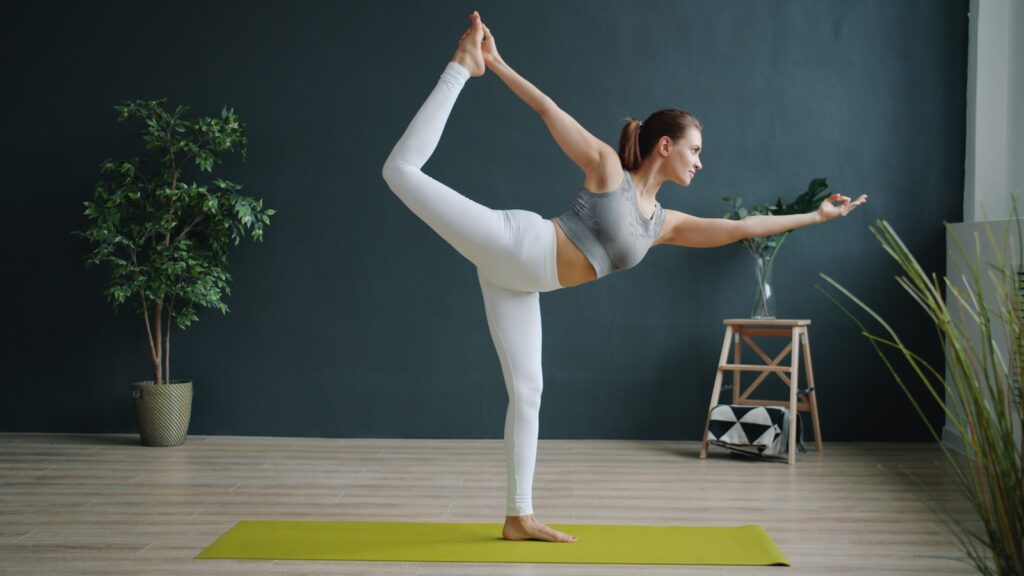When it comes to working out, timing can make a difference. Some people swear by morning workouts, while others hit their stride in the evening. Science shows there’s no one-size-fits-all answer—the best time depends on your goals, lifestyle, and energy patterns.
Morning Workouts: Energy and Consistency
Exercising in the morning offers a strong sense of accomplishment that sets the tone for the day. Morning workouts may also improve consistency, since you’re less likely to face scheduling conflicts or fatigue that derail plans later.
Morning workouts, especially before breakfast, may enhance fat burning during exercise, though overall results depend on consistency and diet. For those seeking weight management or a reliable routine, early sessions can be highly effective. Additionally, the natural release of endorphins helps kick-start focus and productivity for the hours ahead.
Read More: Low-Impact Workouts That Burn Serious Calories
Afternoon Workouts: Peak Performance
For many people, the body naturally performs better in the afternoon. Core temperature is higher, muscles are warmer, and reaction time improves, making workouts feel smoother and stronger. Strength and endurance often peak between 2 p.m. and 6 p.m.
This makes afternoon workouts ideal for those chasing performance goals such as lifting heavier weights, running faster, or building muscle. Exercising during lunch breaks or after work can also be a healthy way to relieve stress while still aligning with the body’s natural rhythms.
Read More: Is It Safe to Work Out Every Day? What Science Says
Evening Workouts: Stress Relief and Flexibility
Evening exercise is a great way to unwind and de-stress after a long day. Many people find they have more flexibility in their schedule at night, allowing for longer or more relaxed workouts.
Some studies indicate strength and power may be slightly higher in the evening compared to the morning. However, intense exercise right before bed may disrupt sleep for some; finishing at least 90 minutes before bed is recommended. Choosing lighter activities, such as yoga, stretching, or steady-state cardio, at night can help balance relaxation with fitness gains.
When Not to Work Out
While exercise is almost always beneficial, timing matters if it interferes with rest. Vigorous activity too close to bedtime—especially within an hour—can raise heart rate and body temperature, making it harder to fall asleep. If you prefer evening workouts, aim to finish at least 90 minutes before bed so your body has time to cool down and relax. Similarly, exercising right after a heavy meal can cause discomfort and reduce performance. Choosing the right window ensures your workout supports, rather than disrupts, overall well-being.
Matching Time to Your Goals
- For weight loss or habit-building: Morning workouts may be best for routine and fat burning.
- For strength or performance: Afternoon sessions align with the body’s peak capabilities.
- For stress relief or schedule ease: Evening workouts can help balance life and fitness.
The most important factor, however, is sustainability. The best time to work out is the time you can commit to consistently.
The Takeaway
Whether you prefer mornings, afternoons, or evenings, each time of day offers unique benefits. Morning workouts build consistency, afternoon sessions enhance performance, and evenings provide stress relief and flexibility. Choose the timing that supports your lifestyle and goals, and you’ll be far more likely to stay consistent over time.
Read More: How to Improve Posture Without Seeing a Specialist




